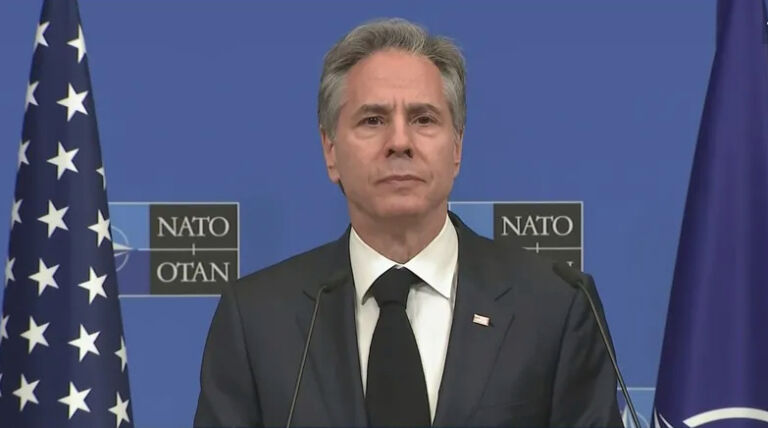Chuck Devore of the Federalist explains how communist China’s words match poorly with its deeds.
As America, and much of the world, remains focused on conflicts in Europe and the Middle East, the People’s Republic of China (PRC) continues to ramp up its bellicose actions in the South China Sea and in the waters and airspace around Taiwan.
The PRC’s use of water cannons — capable of inflicting fatal injuries — against Philippine resupply vessels seeking to reach a Philippine outpost in Philippine waters; engaging in dangerous maneuvers at sea and in the air; and aggressively employing “gray-zone” tactics with hundreds of maritime militia boats, the PRC is aiming to wear down its opponents short of open warfare.
It might be working.
The most recent incident adding to the litany of dangerous Chinese provocations involves the use of sonar by a Chinese warship against Australian Navy divers. The divers, clearing fishing nets from the HMAS Toowoomba’s propellers in international waters, were subjected to sonar pulses from a nearby Chinese destroyer, causing minor injuries. Despite the Chinese warship being warned about the divers, the Chinese vessel continued to aim its sonar pulses at the divers, an action labeled as “unsafe and unprofessional” by Australian officials.
Even so, left-wing Australian Prime Minister Anthony Albanese declined to raise the incident with paramount leader Xi Jinping, raising questions about Australia’s non-existent diplomatic response to China’s actions.
In the meantime, as the PRC continues its aggression in the physical world, its diplomatic efforts spin a different narrative.
During Chinese Communist Party Chairman Xi Jinping’s recent visit to San Francisco, he scored some points at very little cost. China agreed to restore military-to-military talks that benefit their military more than America’s, promised to crack down on fentanyl precursor shipments (where have we heard this before?), granted Mastercard approval of a joint venture to process payments in China, and restarted direct flights between Washington, D.C., and Beijing this week, the first time since the Covid-19 pandemic.


